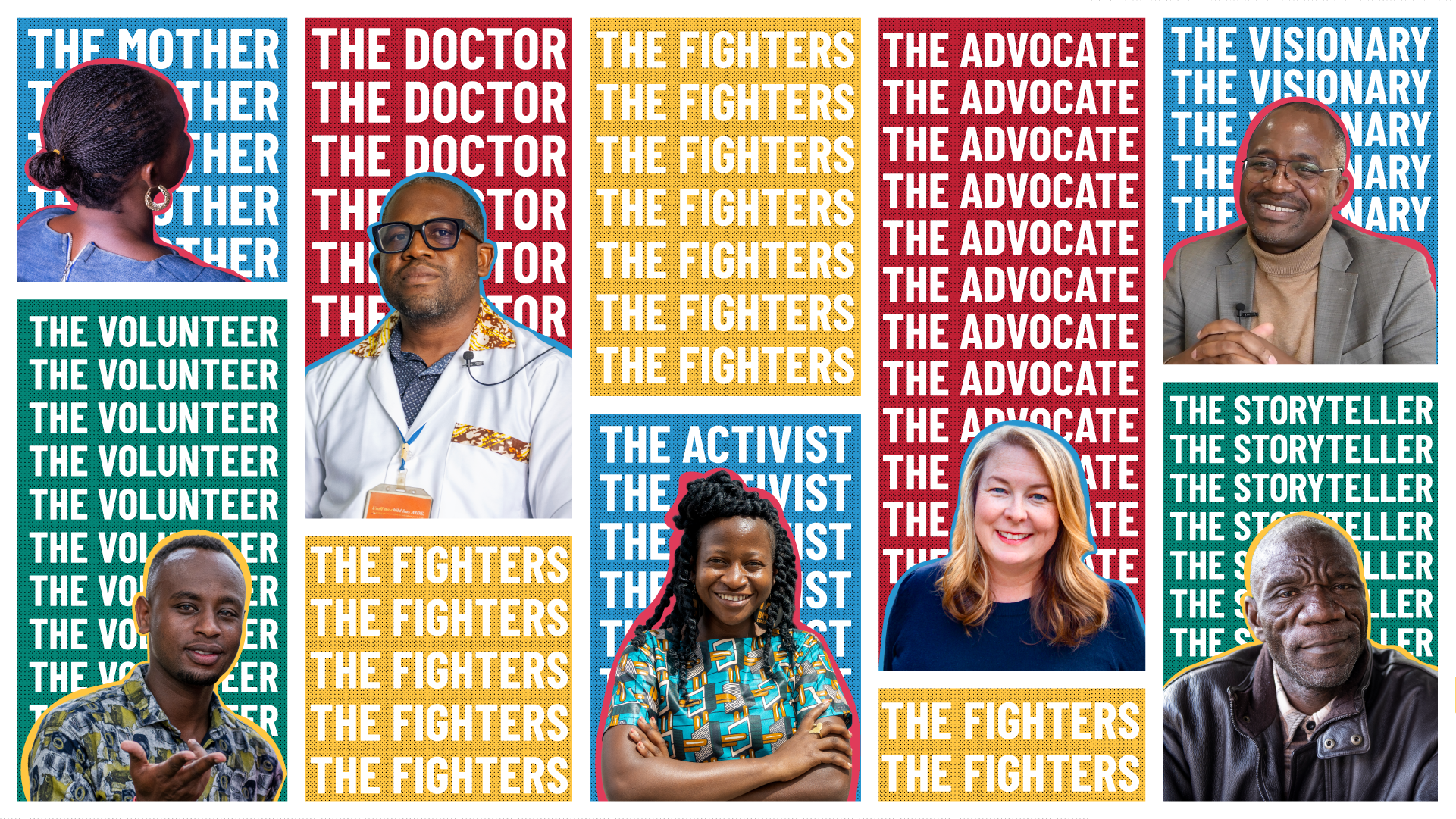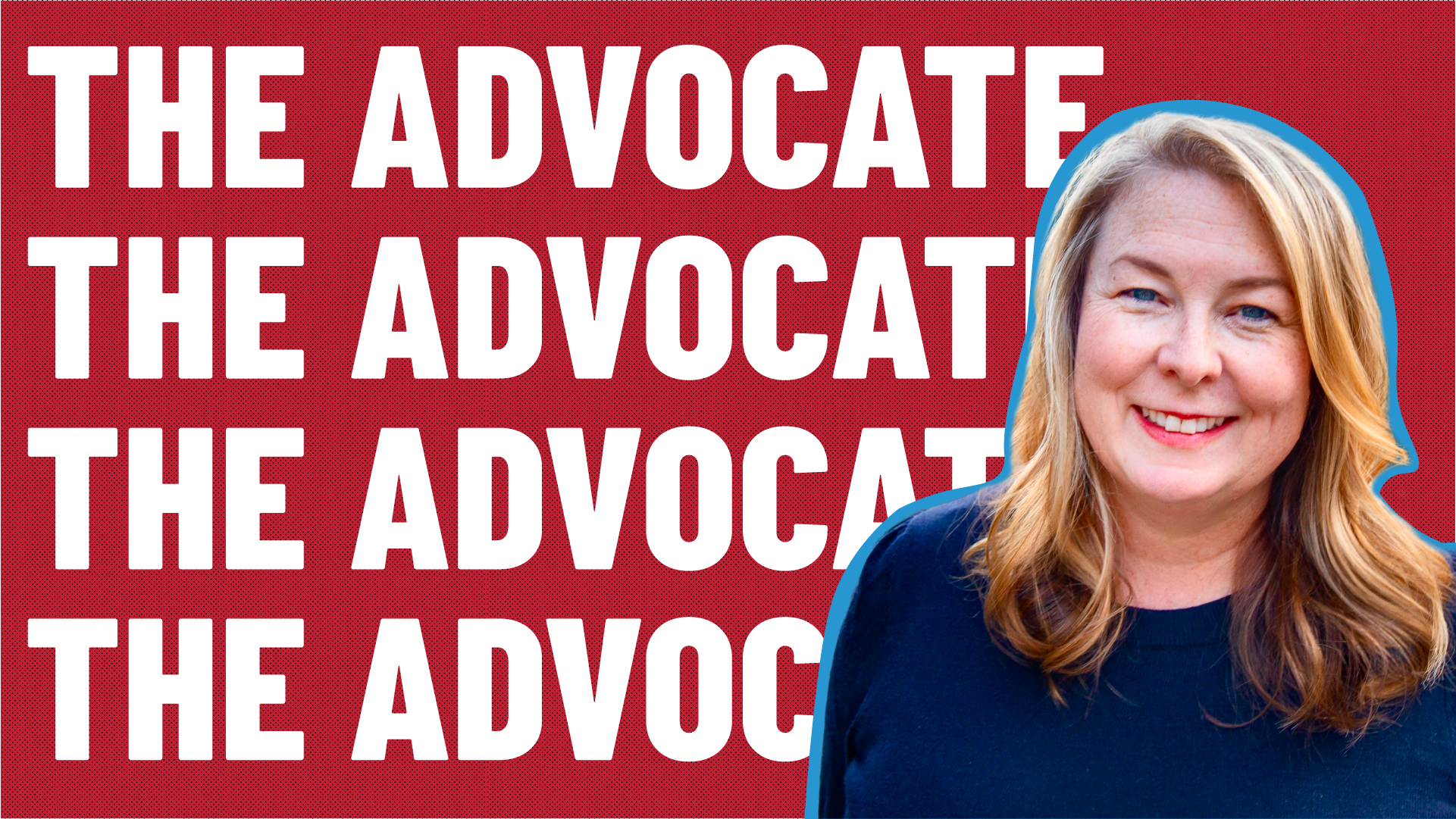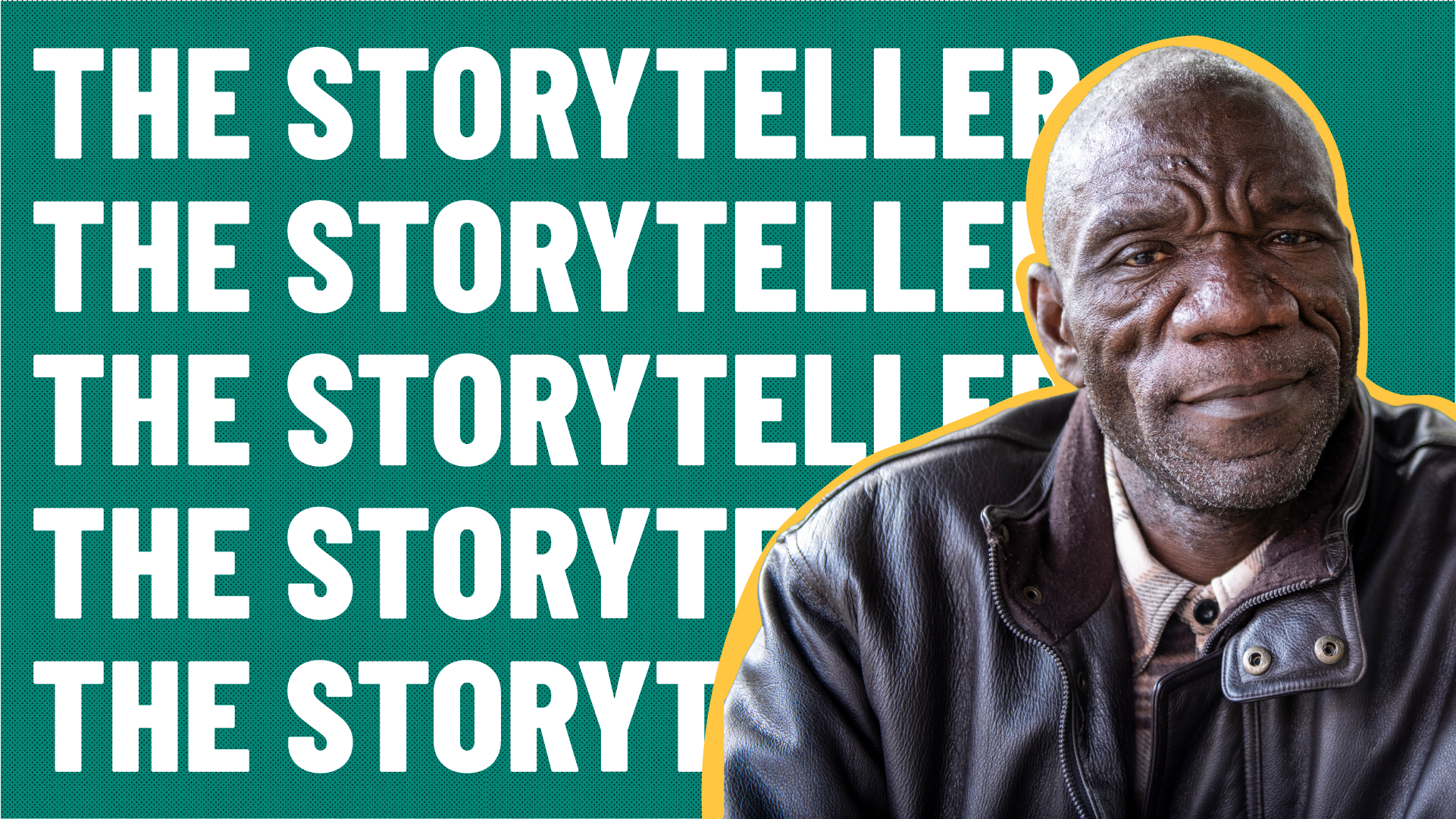This is the first in a three-part blog series by EGPAF Ambassador Fátima Ptacek. The series will highlight three different facets of the global HIV/AIDS response: first, politics and policy; second, research and treatment; and third, advocacy and activism. In Part I, Fátima details a conversation she and Representative Joseph Crowley, representing the 14th District of New York and Chair of the House Democratic Caucus, shared regarding global health policy and HIV/AIDS.

Stay tuned for more!
Earlier this year, I was fortunate enough to be selected for a Congressional internship with Representative Joseph Crowley of the 14th Congressional District of New York. I later arranged to meet with him in my role as Ambassador for the Elizabeth Glaser Pediatric AIDS Foundation (EGPAF) to discuss his views on HIV/AIDS, global health policy, and the work of EGPAF.
I started by asking his opinion on U.S. investment in global health programs – specifically the U.S. President’s Emergency Plan for AIDS Relief (PEPFAR). He asserted strongly that the United States, as an advanced developed nation with extensive resources and the ability to deliver support globally, has responsibilities:
“In the case of AIDS, we know that it is treatable and preventable, and we know that we have the ability to mitigate it and have people leading normal, healthy lives with the proper drugs. However, we have to make these drugs available to everyone globally, not just the wealthy or privileged. It’s our responsibility. We have things like the Ryan White program for our own people, so we need to make sure that we can have similar help for people elsewhere in the world.”
Representative Crowley is among a minority of current Members who were in office for both votes on PEPFAR, in 2003 and 2008, and I asked about the evolution of sentiment in Congress. He said the issue of HIV/AIDS in Congress was consistently bipartisan in combating AIDS, pointing out that by the time legislation was introduced, most people had family, friends, or colleagues whose lives had been touched by AIDS – including members of Congress and their constituents:
“President George W. Bush recognized the importance of the issue…We Democrats were a minority, but it didn’t matter because everyone wanted to help. I think advocates like Bono also pushed the president forward, because he helped bring exposure to the issue and he reminded us that the crisis was brought home. There was anecdotal evidence; there were statistics on child/maternal survivability; it was impossible to ignore the truth …It has evolved so much today, honestly because of the success of PEPFAR. We don’t hear about it so much, but I think that’s because so much progress has been made. Of course, that doesn’t mean there’s not plenty more to be done.”
I decided to transition to the topic of gender-based violence, an issue Representative Crowley is passionate about, asking him to elaborate:
“Violence is about control and gender violence has the added stigma of provoking a sense of embarrassment among victims, with aspects that are so personal, making it more complex. The fear of a myriad of ramifications keeps victims from telling their caregivers, and the threat of additional violence and intensified control are deterrents to victims’ willingness to seek counsel – whether it’s about the abuse itself, seeking medical care, and even seeking counsel on prenatal care or disease prevention. It’s a vicious cycle.”
Representative Crowley’s positions on global health are strongly influenced by what he witnessed 15 years ago on a congressional delegation to South Africa and Malawi with the United Nations Fund for Population Activities (UNFPA). He met with government officials, healthcare providers, and people living with HIV/AIDS, but vividly remembers being in a village where rudimentary, unsterilized instruments were used to deliver a baby:
“People are living in these same conditions even today in 2017. We, with our privilege of development, have the responsibility to provide aide and resources so that women can safely give birth, can receive early diagnoses and have access to medicine necessary to prevent the spread from mother to child of HIV/AIDS.”
In Africa, he also learned about the prevalence of Female Genital Mutilation (FGM) and Fistula, and expressed concern that gender-based violence, poverty, famine, rising tides, lack of access to clean water, and disease are not just public health issues that need to be effectively diagnosed and eradicated, but multinational security threats to the global community, adding:
“One of my personal goals is to press governments in Africa for legislation banning FGM and Fistula, with consequences for officials failing to enforce these laws.”
As an Ambassador for EGPAF, a young person with a passion to positively impact my community, and an advocate for global justice, I felt it was important to ask the Congressman for advice for young people who are interested in global health policy. He acknowledged that the world has progressed fundamentally and that we are benefiting from improvements internationally in approaches to global health policy. However, he believes that young people can take decisive action and move us even further forward:
“Interning for elected officials is an important way for young people to get exposure to these kinds of issues and they see how our constituents are affected. Interns gain understanding of global issues their elected officials take on by hearing firsthand accounts from constituents they interact with, they gain an appreciation for the complexities that exist within their own communities that prompt new policies and legislation, and they gain insight into the intricacies of the work carried out by their elected officials. Most young people don’t take advantage of the opportunity, and they definitely should!”
Considering my internship experience, I wholeheartedly agree. There’s no better way to learn about one’s community than to work for the very people who represent it. And the knowledge and experience gained from such service can only help a committed young person to become an agent for positive change and a more capable advocate for global justice.




